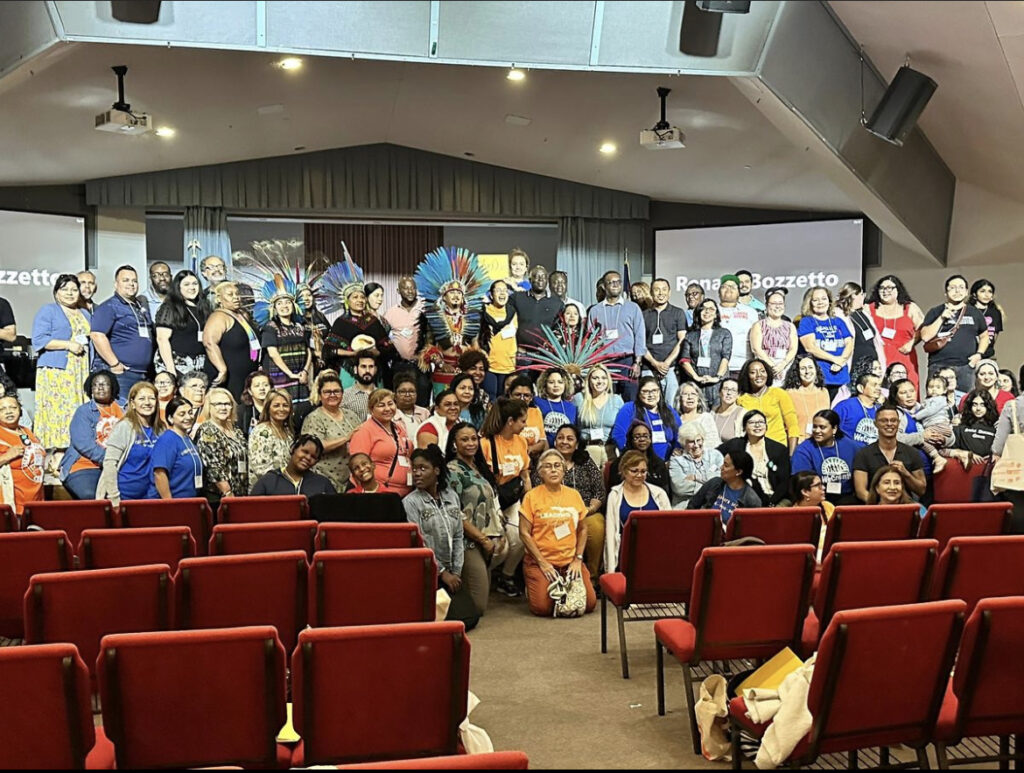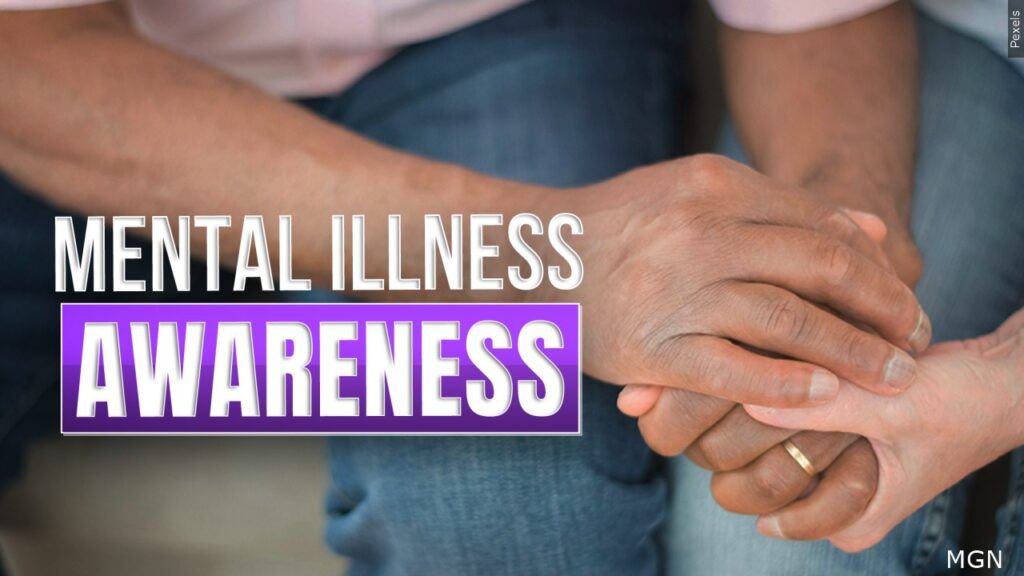Over 300 people and 20 organizations gathered for the 19th Annual Florida Immigrant Coalition Congress in Miami last weekend after three years of hosting the FLIC Congress online.
Per their mission statement, FLIC aims to grow communities’ “connection, capacity and consciousness to strengthen pro-immigrant power in Florida.” On Sept. 29 and Oct. 1, they hosted their annual gathering of immigrants and children of immigrant parents to fight for immigrant rights.
The organization was able to fulfill its purpose of bringing together communities to learn, share, and build intersectionality among immigrants and allies who aspire for a Florida that is a true home for all.
Due to Florida’s Governor Ron DeSantis’s anti-immigration bill, S.B. 1718, fear of deportation has become the norm for immigrant communities of all statuses, felt mainly by those undocumented nationalities left out of many immigration programs relief such as Temporary Protection Status.
In response to this new bill, Paula Muñoz, the Director of Organizing, strategically builds power to push national, statewide and local policy around issues that impact the afflicted community.
“Our communities have been put through the wringer with anti-immigrant, racist, xenophobic, and homophobic policies,” Muñoz said.
Muñoz highlights the main objective of the FLIC Congress: to bring awareness to the affected communities. This purpose allows them to get together and organize their members, allies, partners and communities.
Although FLIC centers around immigration, they also fight for the fair treatment of all Floridians.
“This is also a critical moment to build strategy and where important decision-making happens around our leadership and priorities,” Muñoz said. “After Congress, we hope to have inspired communities to keep the fight going.”
FLIC Congress Main Points
FLIC Congress held two workshop sessions providing transportation and lodging to students and families, using all resources to ensure the 300 attendees could learn how to exercise their rights.
The first session tackled family protection, growing political power, movement sustainability and intersectionality. The second session covered building deportation defense, the immigrant narrative, youth power and LGBTQIA+ justice.
According to FLIC’s website, these workshops will give members tools to organize their families and communities who have experienced the backlash of discrimination.
Many spoke out about their experiences with discrimination at the workshops. One attendee, Yennifer Molina, a member of Alachua County’s Human Rights Coalition, shared her experience when she was denied access to pick up her son from school.
“She told me I needed an ID and that my passport was no longer a valid form of identification after picking up my son from this school for years,” Molina said. “At that point, I felt the urge to organize and create a community ID for immigrants. Now we have one.”
HRC created the Community ID card program, issuing IDs that serve as a reliable form of identification. These cards are available to any resident with limited access to a government-issued ID card.
“The Florida Way”
Florida wasn’t initially an “anti-immigrant” state. Former Governor Jeb Bush was pro-immigration and favored citizenship for individuals brought to the country illegally as children, also known as DREAMers.
Upon the shift of the new administration, Florida took a change and began to defer from ‘The Florida Way.’ The Florida Way concept includes welcoming families, workers, and unaccompanied migrant children searching for a better life.
Tessa Petit, leader of FLIC, was born and raised in Haiti. She moved to the United States in 2001 and worked in social services with the Haitian community in Florida. During that time, Petit observed that direct services showed symptoms of inequality. This led her to FLIC, where she brought her passion for social justice to help expand direct services in issue advocacy.
“When I became an immigrant in Miami, I never thought that this was what [Florida] would become,” Petit said. “I never thought that at some point I would be afraid to live where I live, even after leaving fear in Haiti.”
Petit’s main objective is to enlighten people to know they are strong, innovative, and courageous.
“That is why we are here today. We will continue to lead ‘The Florida Way:’ the welcoming state,” Petit said.
What Students Can Do
As Florida Immigrant Coalition continues to advocate for a welcoming Florida, they are accepting membership applications on their website, where they will educate and continue to fight for discriminated and oppressed groups.













